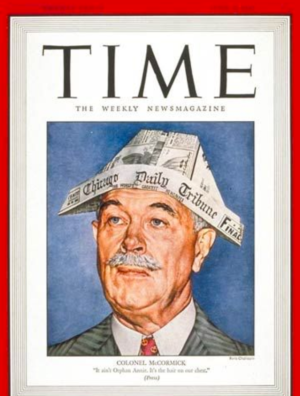
Note: Susan Campbell, a Hartford Courant columnist, posted the following on Facebook earlier today, writing, “I am told the Courant is shifting focus to cover the coronavirus and the column I submitted wouldn’t be read, or run this Sunday. So here is the column I wrote.” I contacted her and asked if I could republish it at Media Nation. She gave her permission, and so here it is. Her column has also been republished by #NewsMatters, “a NewsGuild project for Digital First Media workers.” Digital First Media is an earlier name for MediaNews Group, the newspaper chain that Alden controls. — DK

By Susan Campbell
Dear Hartford Courant reader,
Your roof is on fire.
The signs have been there, but you may not be aware of the damage overhead. What you, the reader, sees are a few typos, a missed paper, or someone on the other end of the phone who cannot stop your paper delivery during your vacation. Worse, there’s no one at your local meeting, because when newspapers had more people on staff, they could afford to come to your traffic commissions, town council meetings, and panel discussions.
Nothing just happens, dear reader, but before we explore what’s going on, see if you can figure out this math: Recently, Tribune Publishing Co. announced that the company’s fourth-quarter profit was $4 million. That should be good news, but these days, newsroom blood-letting has moved from paper cuts to full-on beheadings.
And for that, you can thank Alden Global Capital, a New York-based hedge fund, which owns 32% of the Tribune company. Alden is known for one thing and one thing only: Alden kills newspapers. The corporation walks through the battlefield of struggling newspapers (which pretty much describes 99% of newspapers), lifts up the wounded, props them up at a computer, and then methodically sucks up all the resources until there’s nothing left. Their shady business practices — including an accusation that they moved employee pension assets into their own accounts — have earned the notice of the Department of Labor.
The next time you want to complain about your local coverage, remember that you have no idea how hard the dead-last-remainders of America’s newsrooms work to do what they do. They are part of a broken business model, but there is your reporter/photographer/editor, spinning as fast as s/he can.
I know. I was a remainder, until I realized I was so angry at the system I couldn’t exist in it. I left in 2012 when I thought things were pretty bad.
But this isn’t just me, a disgruntled former employee. Last May, some U.S. senators, including Sherrod Brown (husband of Pulitzer-winning newspaper columnist Connie Schultz), Tammy Baldwin and Cory Booker, wrote Alden a letter begging them to abandon their attempted hostile takeover of Gannett because newspapers are a “public good.” Gannett shareholders ultimately rejected the takeover.
Alden’s holdings include The Denver Post, where in December, members of the Denver City Council passed a resolution that called on the company to either invest in the Post or sell it. Alden has been draining the blood from that once-fine newspaper since 2011.
In January, two respected Chicago Tribune columnists wrote a New York Times op-ed calling attention to their own newspaper’s struggles as an Alden holding. In February, the Chicago City Council passed a resolution similar to Denver’s.
We need that here, in Hartford. We need a concerted effort to save the Oldest Continuously Published Newspaper in the Nation, the newspaper that printed a copy of the Declaration of Independence, and was sued for libel by Thomas Jefferson. We need a full-throated show of support, like that of state Sen. Saud Anwar and others. We, too, need to encourage Alden to put up or shut up. We, too, need wealthy people to invest in local journalism.
Mostly, we need to stop the dangerous trend that threatens our free press. According to the Pew Research Center, post-Watergate, the circulation of daily newspapers peaked in the late ’80s. About that same time, third-generation newspaper families began to lose interest in the family business, while corporations began to notice the healthy profit margins found in the newspaper industry. At a rate that accelerated as we barreled through the ‘90s, more and more newspapers became part of media conglomerates.
If the carnage continues, Alden will kill our newspaper. When that happens, we’re left with news deserts, with our “news” shoveled at us by social media, with its lack of fact-checkers and professionalism. Our information age will suffer from an appalling lack of information.
Passivity is not an option. This is our damn newspaper. This is our damn democracy.
Susan Campbell teaches at University of New Haven, and is the author of several books, including, most recently, “Frog Hollow: Stories From an American Neighborhood.” She can be reached at slcampbell417@gmail.com.
Talk about this post on Facebook.







